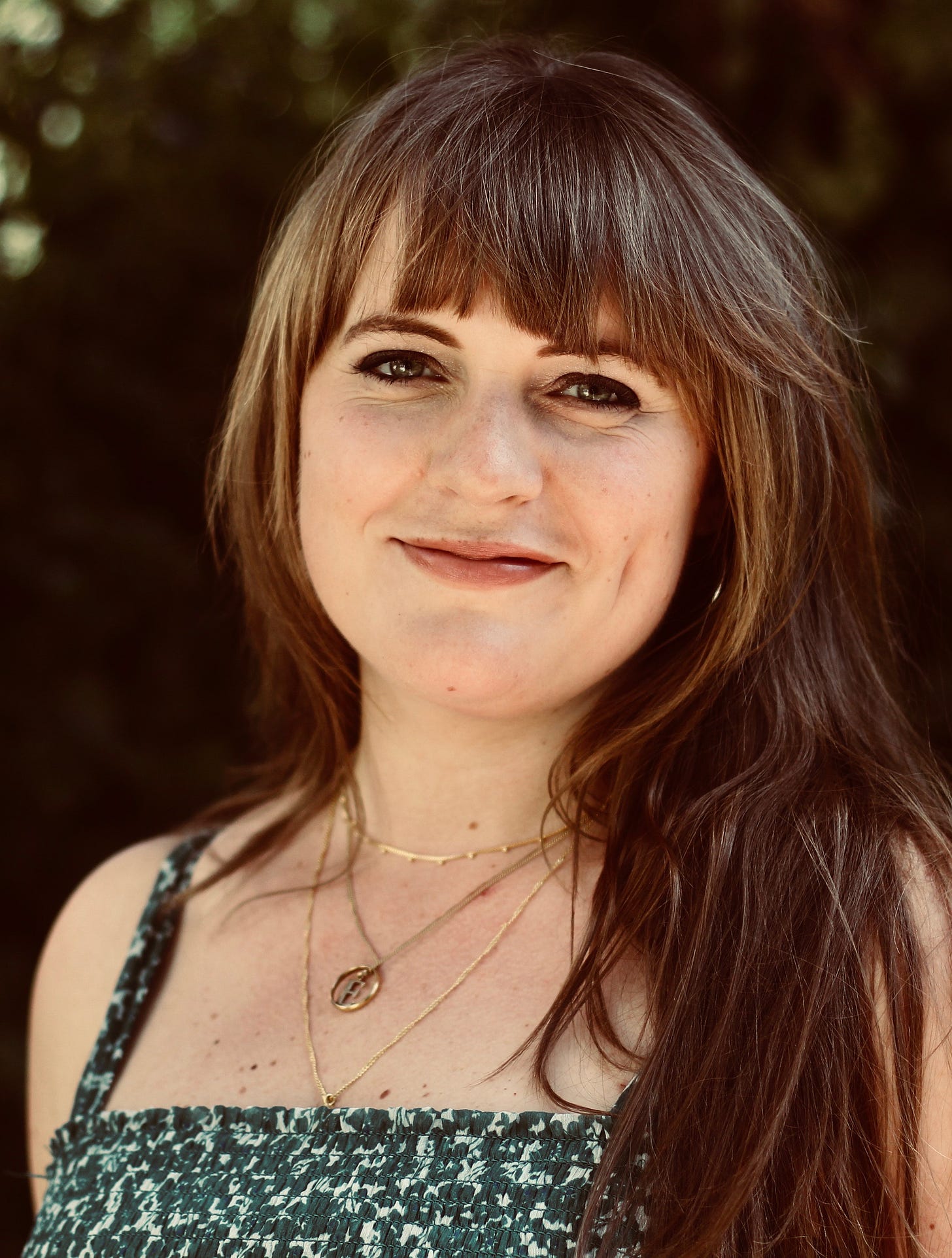Eleanor Thom came into my life via the internet a few years ago. We slipped into each other’s DMs as she was researching a book about the disease I sadly know all too well but was doing my best to ignore: endometriosis. Patiently she conducted an interview with me while I was preparing for my shift hosting Newsnight. I spilled my guts to her sitting in …
© 2025 Emma Barnett
Substack is the home for great culture


